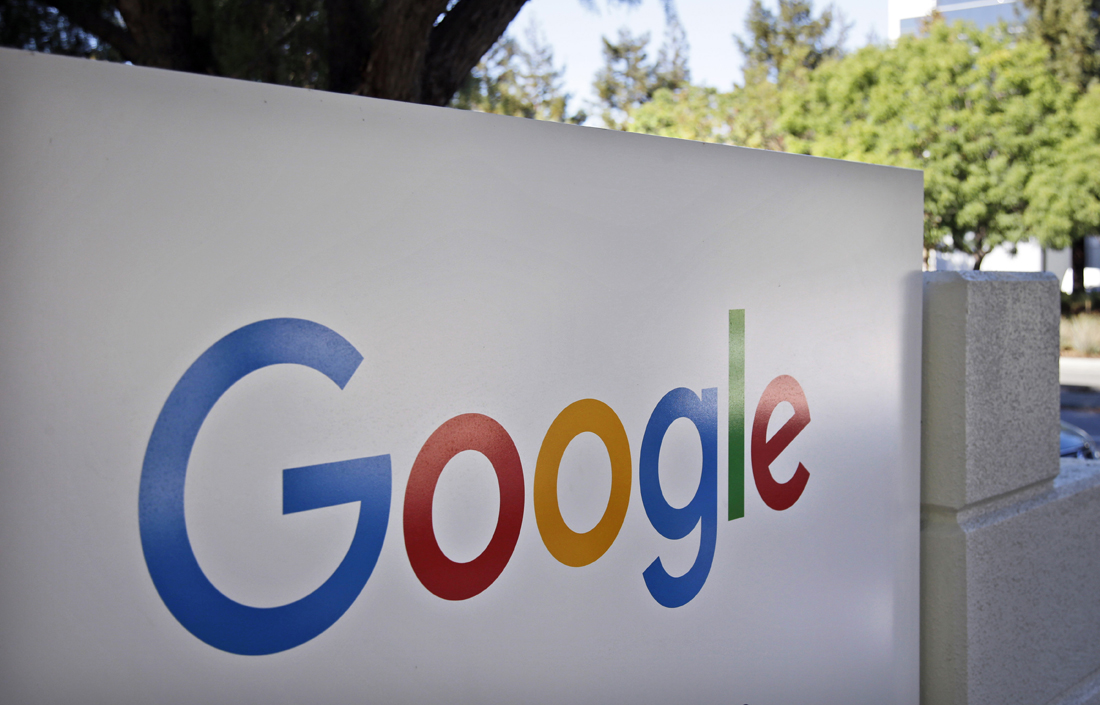In a 7-2 decision, the Supreme Court of Canada upheld a lower court's ruling that Google must remove search results for websites and domains associated with Datalink Technologies Gateways. The controversial decision comes after Equustek Solutions, a company specializing in network interface devices, sued the company over the theft of "trade secrets" and for selling Equustek's products branded under Datalink's own name.
Datalink denied any wrongdoing, but when the court date arrived to hear the case, the company left Canada and failed to appear in court. Equustek received a default judgment in the case, but Datalink continues to operate outside of Canada.
Even though Google was not named in the lawsuit, Equustek did request that the search company de-list any search results associated with the fugitive corporation. Google voluntarily removed over 300 Datalink websites, but only from its Canadian search index. This action was not good enough for Equustek.
The company sought an injunction against Google in British Columbia that would require the search engine to completely de-list Datalink on a global scale. Although the search giant defended itself on grounds that the order prevented freedom of expression, the BC court ruled in favor of Equustek.
"Such a broad injunction sets a dangerous precedent, especially given that it is likely to conflict with the laws of other nations."
Google appealed the ruling to the Canadian Supreme Court, but the decision was ultimately upheld. As the highest court in the country, there are no further appeals to be heard in the case, and the ruling is final.
According to CBCNews, Justice Rosalie Abella said in her opinion that by not de-indexing Datalink websites, Google was "allowing harm" to come to Equustek and that it was not a matter of freedom of expression.
"This is not an order to remove speech that, on its face, engages freedom of expression values, it is an order to de-index websites that are in violation of several court orders. We have not, to date, accepted that freedom of expression requires the facilitation of the unlawful sale of goods."
Several organizations have spoken out against the ruling. The Electronic Frontier Foundation (EFF), for one, said that the decision disregards foreign laws and "[intrudes] on internet users' free speech rights." The EFF added, "This framing results in Google being ordered to remove speech under Canadian law even if no court in the United States could issue a similar order."
"They have an affirmative duty to take steps to prevent the internet from becoming a black market."
Others have supported the decision. Graham Henderson, president of Music Canada, said, "Today's decision confirms that online service providers cannot turn a blind eye to illegal activity that they facilitate; on the contrary, they have an affirmative duty to take steps to prevent the internet from becoming a black market."
Currently, the search engine is still returning results for Datalink. When or if Google will comply with the court order is unknown. A spokesperson said that the company is still "evaluating [its] next steps."
In the meantime, Equustek is awaiting further hearings against other defendants from the original trade secrets lawsuit. Those proceedings are scheduled to start early next year.
